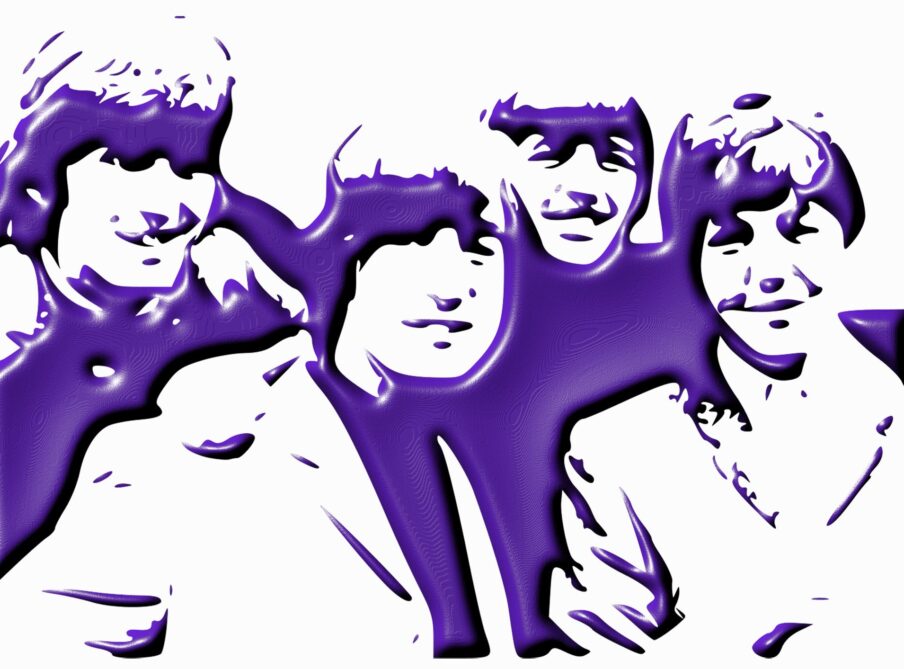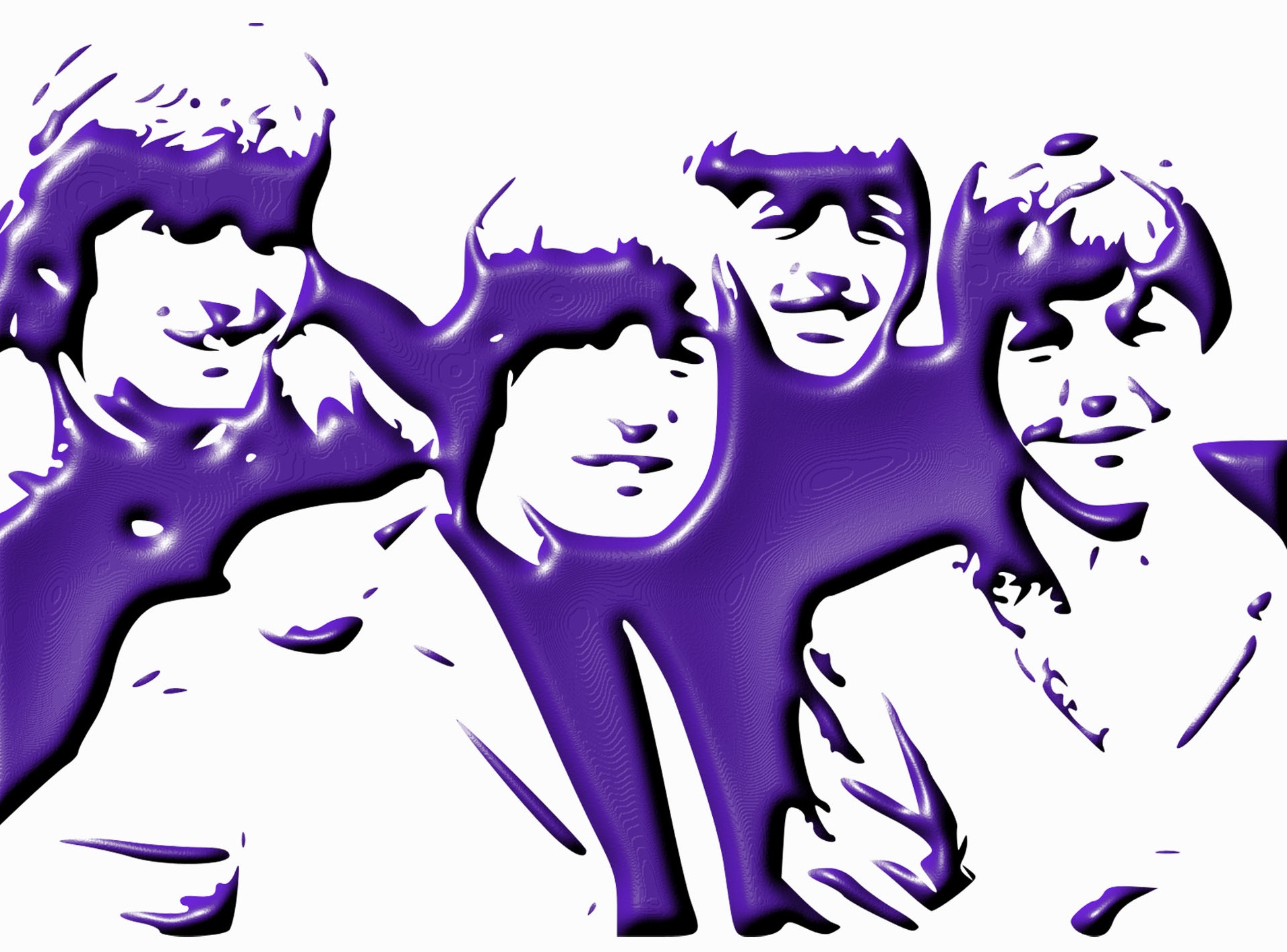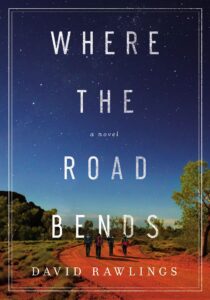by David Rawlings, @DavidJRawlings
The Get Back documentary – which has been hyped for most of 2021 – has now landed. Being both a Beatles fan and a creative, I devoured it.
While most people, particularly those people reviewing the film, focussed on analysing the footage Zapruder-style to see if they could pinpoint the exact moment Yoko broke up the band (it appears she didn’t), I was struck by just how much of an essay into creativity it is.
Watching the creative process when you know the outcome makes it even better. After watching the series a couple of times now, I was struck by how this creative process also applies to those of us who are creating in our own way.
I’d like to talk about three of those ways.
- Creation might be a spark, but writing is a process. There is one scene in Get Back that truly gave me goosebumps.
The Beatles are struggling for songs, under the pressure they’ve imposed on themselves (see point 3). Paul McCartney flings his bass over his shoulder and just plays a rhythm. He starts singing a random melody over the top, and snatches of a song we know start to emerge. It’s Get Back. One of The Beatles’ most recognisable songs.
Paul keeps singing, and fragments of the final melody are formed. He reaches the chorus, and it doesn’t work. He tries again. We now hear recognisable lyrics, as the line “get back to where you once belonged” is born. This process continues with the rest of the band adding their touches to it, touches we don’t recognise. George Harrison’s guitar line isn’t the one we know. Ringo’s drum patterns are familiar, but somehow off.
But they keep working. And in the final scene of the movie (I know this isn’t a spoiler, as this part of their story is well-documented), they play Get Back on the roof of their London studio.
So how does this apply to us?
Putting aside my Beatlemania, as a writer I was amazed how this song seemingly emerged from the fog of the universe. But it didn’t land fully finished in the songwriter’s lap. He had nothing, and was lamenting he had nothing, so he grabbed his instrument. McCartney kept playing something (not Something – that was George’s song), until he found the song he liked. And he worked on it. And they worked on it. And it became a global hit.
Writer’s block isn’t the end of the process, it’s simply the end of that thought or idea. Be inspired to get back to your laptop and just write … something.
- Everyone’s got their own opinion, and before your creative piece is released, everyone’s opinion could be right. Or wrong.

One of the most frustrating parts to watch in the three-part series is the director’s desperation to go to Libya to film the climax of the movie. (He was so obsessed to go to the Middle East that if he was in 2021 he’d be screened for wanting to join a militia group.)
He’s sure he’s right. He says this ending is the best way to end the album, and the movie. And he keeps on about it, despite nobody else sharing his enthusiasm.
Other people are convinced The Beatles need to film on a boat. It’s the best way to end the album, and a perfect live performance … apparently.
But we know the band didn’t end it that way. And the ending on their London rooftop is iconic, without Libya or boats.
So how does this apply to us?
I guess the lesson here for us is that there is no answer to creativity, there are just articulations of it. Someone’s point of view about your story isn’t the ideal, it’s an option. I’ve had some people wish I’d written my protagonist from The Camera Never Lies differently because the story “needed it”. Other readers loved Daniel and his quirks. Who is right?
We don’t have the benefit of hindsight like we do with The Beatles, but we can accept that these opinions are just suggestions for us to consider. They’re valuable – I’m not saying ignore anyone who disagrees with you as I’ve implemented feedback into my writing and it’s instantly improved it – but they aren’t necessarily a reason to rewrite everything you’ve got on the page.
- The Beatles are under pressure, and they still turn up. They’ve given themselves a ridiculous deadline: write an album from scratch, rehearse it, record it live at a public performance which they haven’t done in three years and have that recording live on in perpetuity. In a handful of weeks. And you thought your self-imposed “write a novel by Christmas 2021” deadline was tough.
One of the things that we notice is just how The Beatles kept turning up. Some of the songs we hear on this doco are new to us: we’ve never heard them before. They jam for hours, trying to find what they need. Some days they leave without finding anything, but they’re there tomorrow. George Harrison leaves at one point – and it’s noticeable because up until now he’s always turned up.
So how does this apply to us?
Creativity needs you to be there. If you’re a schedule-type, it means regular commitment to a time in the morning or evening. When I wrote my debut novel, The Baggage Handler, I committed to writing my novel on the 45-minute train trip into the city every day.
The Beatles needed to turn up. We need to as well.
This is my last post for Learn How to Write a Novel. I’ve been contributing posts here for four years, and it’s time to move on. Thanks to Susie May Warren for the opportunity, which I’ve appreciated. And thanks to Tari, Alyssa and Lisa for their support – usually in sending me reminder emails that my blog post is due.
I wish you all well in your writing.
Take care,
David
Four friends reconnect fifteen years after graduation on a promised trip to the Australian outback. Time has changed them. At graduation life was all about unfulfilled potential. Fifteen years down the track, it feels a lot like regret.
As they get lost in outback Australia they find more than harsh beauty of an unspoilt land… … they discover how the road of life delivered them to where they are now.
And getting back requires them to determine where they’ll go from here.

Based in South Australia, David Rawlings is an award-winning author, and a sports-mad father-of-three with his own copywriting business who reads everything within an arm’s reach. He writes that take you deeper into life, posing questions of readers to explore their own faith and how they approach life.
Where the Road Bends – a novel based in outback Australia – is out now! Why not take a virtual vacation during your time at home?
David’s debut novel – The Baggage Handler – won the 2019 Christy Award for First Novel. His second novel – The Camera Never Lies – focuses on honesty in relationships and is now available.
He is currently signed with Thomas Nelson and represented by The Steve Laube Agency.


